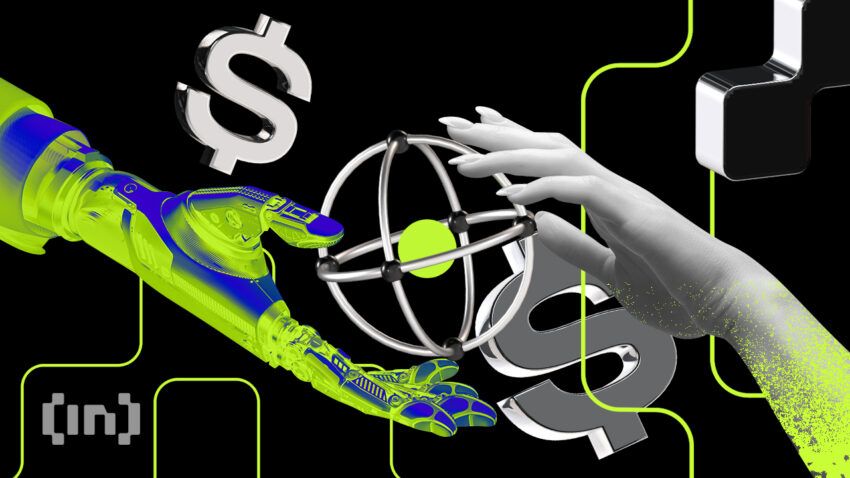President Joe Biden announced a tightening of banking regulations in the U.S. that could lead to more crypto firm neobanks outside the U.S. banking system.
In a speech on March 13, 2023, the U.S. president affirmed that he would push Congress and banking regulators to ‘strengthen’ regulations to prevent collapses similar to the ones at Silicon Valley Bank and Signature Bank.
Senators Bemoan Overturning of the Dodd-Frank Act Under Trump
Crypto critic Elizabeth Warren echoed the sentiments. She said that the government’s weakening of financial rules led to the banks’ collapse.
Similarly, Democrat Ro Khanna told Bloomberg, “We’ve known since 2008 that stronger regulations are needed to prevent exactly this type of crisis. We must come together to reverse the deregulation policies that were put in place under Trump to avert future instability.”
The legislation the politicians refer to, the Dodd-Frank Act, was introduced after the financial crisis. Congress passed the bill to, at least in part, prevent large companies from destabilizing the U.S. economy. Some of the measures it proposed include forcing banks to increase capital reserve requirements and placing illiquid banks in receivership. The Federal Deposit Insurance Corporation placed Signature and SVB under receivership to pay their depositors.
Donald Trump introduced the Economic Growth Act in 2018 to reduce the Dodd-Frank compliance burden for mid-size banks like Silicon Valley Bank.

At the time, the bill gained bipartisan support and paved the way for banks like SVB to thrive under less scrutiny than their Wall Street counterparts.
After the bank’s collapse, the Federal Reserve, together with industry executives, analyzed the results of the rescission.
Some parties argue that lightening the rules to allow banks to hold long instead of short-term government treasuries was a mistake. SVB and crypto-friendly bank Silvergate incurred steep losses when they sold long-term bonds to satisfy liquidity demands. Instead, some argue that the original Dodd-Frank act would have compelled banks to keep money in shorter-term instruments.
Could Crypto Neobanks Supplant Banks Threatened by Regulation?
But if the regulations tighten, could that reduce the pool of mid-sized banks crypto firms have used in the past?
Already, Ryan Selkis from Messari said that the recent shutdown of Silvergate and Signature Bank means that crypto’s financial rails in the U.S. have rapidly diminished.
However, this could make way for so-called neobanks that Coinbase CEO Brian Armstrong recently alluded to in a tweet.
Coinbase’s launch of its Base blockchain and new wallet-as-a-service features indicates its commitment to building. It can use the regulatory squeeze to build banking infrastructure to move the industry closer to independence from traditional banking.
Neobanks operate online with limited products and don’t have federal charter and deposit insurance.
For Be[In]Crypto’s latest Bitcoin (BTC) analysis, click here
Disclaimer
In adherence to the Trust Project guidelines, BeInCrypto is committed to unbiased, transparent reporting. This news article aims to provide accurate, timely information. However, readers are advised to verify facts independently and consult with a professional before making any decisions based on this content. Please note that our Terms and Conditions, Privacy Policy, and Disclaimers have been updated.


